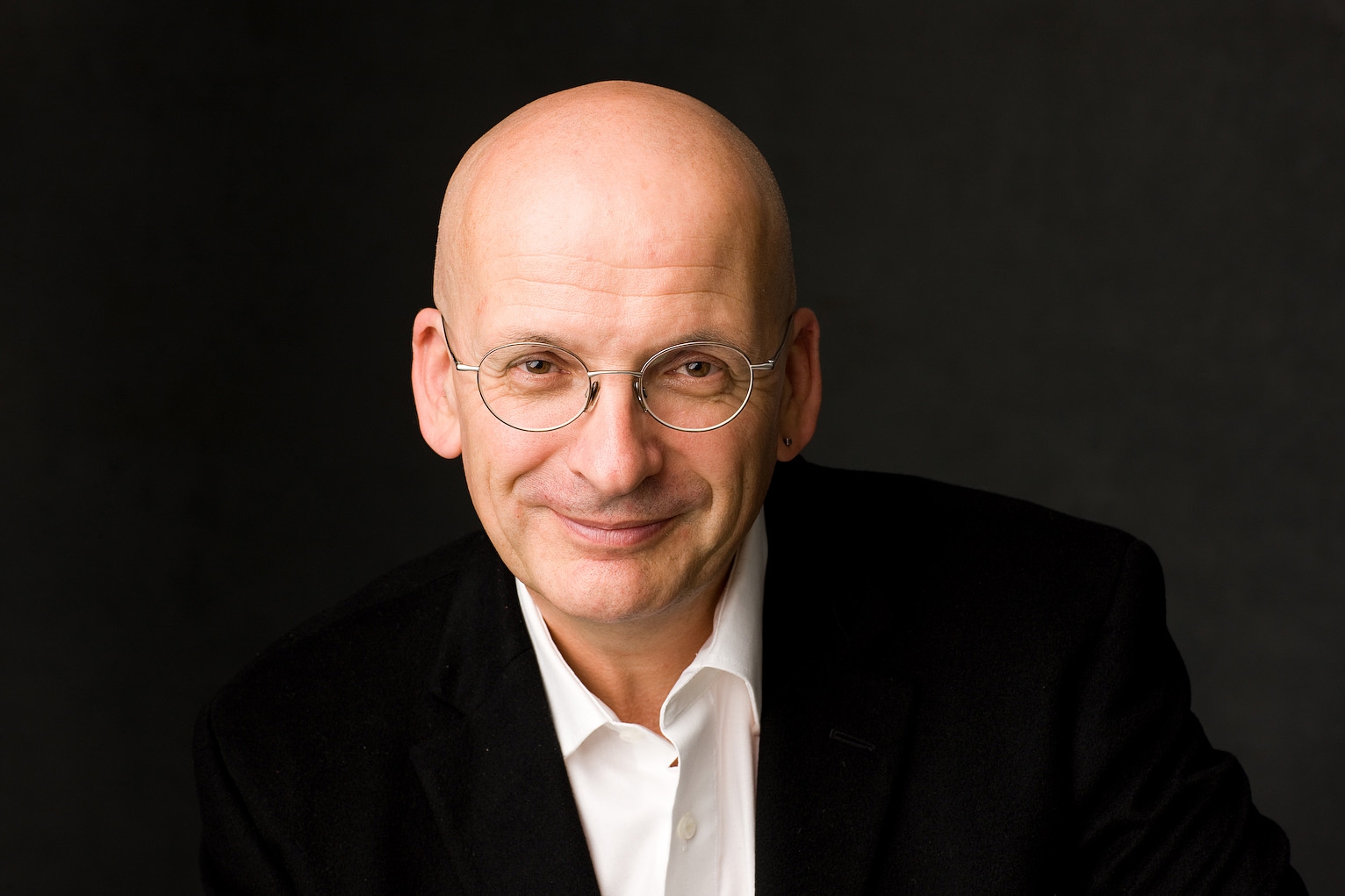The elderly lady sitting next to me asks if I’ve been to the opera recently. Not the kind of question one might usually associate with the foul-mouthed, quick-witted Roddy Doyle. However, as the translator of Mozart and Da Ponte’s Don Giovanni, Roddy Doyle has quite a bit more to do with opera than one might suppose. Don Giovanni is the opera version of the legend of noble philanderer Don Juan. The opera, written in 1787, is a comedic tragedy and is usually performed through Italian. Doyle not only translated the work into English, but into a completely different dialect: Dublin. Last night, at “A Conversation With Roddy Doyle: Translating Don Giovanni” the novelist, dramatist and screenwriter brought this dialect to life.
Set in modern day Dublin, Doyle takes the decision to take on opera as whimsical. “The older I get the more open I am to suggestions”, he says, “We make decisions with no ideas of the consequences”. Approached by the opera theatre company, the process of translation and setting to music was “slow and painstaking”.
Doyle follows the Italian being read to the crowd with the Dublin translation: “There is a duchesses, governesses, fineresses and bitchesses.” There are some of the songs, he continues where the rhyme rolls so out of necessity that the word “bitchesses” arose. There is a “certain looseness to it”. Here, Doyle notes that, there was a bit more freedom to play with the wording and Dublin colloquialisms, where the rhymes are more important than trying to figure out the English equivalent.
How did Doyle go about producing this translation? In reality, he doesn’t actually speak Italian. He managed to complete about a minute and a half of the script per day, starting with a recording containing 74 pieces of music. The 1958 version he worked from came with a CD containing a German, French and English translation, which Doyle states was “quite literal”. The literal translation “kept [him] on track so he knew what was happening”. Along with a second translation, Doyle listened to them ”over and again looking at Da Ponte’s work”, counting syllables and looking at points when the singers needed to hold longer notes. The sung pieces, arias, were easier to translate than the spoken pieces, with their tight focus on rhythm. “It was basically line-by-line.” Doyle compared the arduous task to playing monopoly: “You keep getting sent back to jail when everyone else is buying houses and hotels. It’s like when you’re with your kids and you just want to throw the board at the wall but you can’t, because you’re trying to teach the kids a lesson. You’re sitting there becoming humiliated while your children become ruthless capitalists.”
Doyle likes the sound of collaborating with Mozart. “It sounds better than collaborating with the Nazis”, he quips. The production, while set in Dublin, kept the names of the characters in the original Italian. “If you change the names of the characters there are consequences, if you don’t call him Don Giovanni you’re going to have to come up with a Gaelic name, Peader Moore O’Flathrey or something like that”, Doyle says.
The experience of turning from an author to a translator was a welcomed change: “The big anxiety is what am I doing, what is it about? One of the attractions of translating is that that has been done for you. Da Ponte did it a couple of hundred years ago. You’ve got the plot in front of you so you just have to concentrate on the words. And I suppose its words that really got me into this livelihood in the first place. It was the love of words so I’ve been paying attention to the word.”
Doyle also discussed his current onstage involvement with The Commitments. When it was first published in 1987, and filmed in 1991, Doyle resisted the idea of a musical. “When I’m finished a piece of work, I’m done with it and I just want to get dug into a new piece of work”, he says. Time changed his mind. “After a while I’d forgotten that I’d written The Commitments to be honest”.
Would he take on another opera? Maybe. “I took on one of the big ones by two of the most supreme artists. So in theory I would but it would want to be a meaty one. Couldn’t be Lady MacBeth of Cabra or something like that.” With time, there is no saying what Doyle could come out with next.







